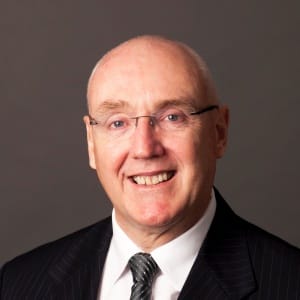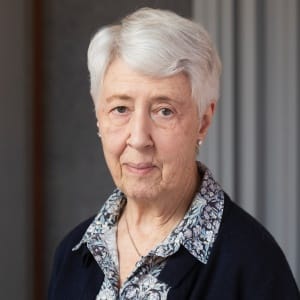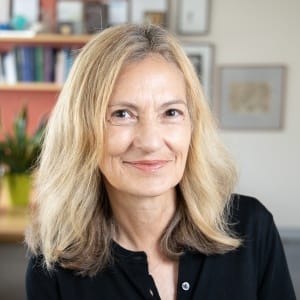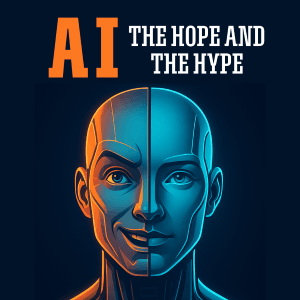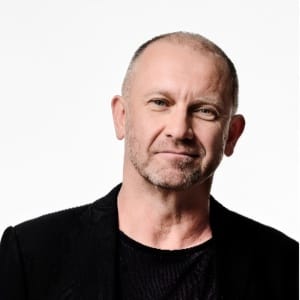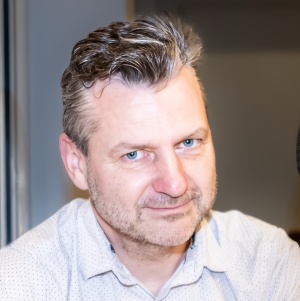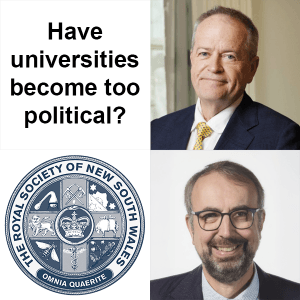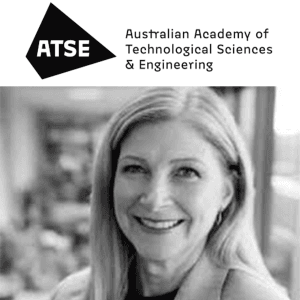“Is it possible to predict the behaviour of closed physical systems? From the solar systems to a quantum computer”

Professor Boris Altshuler
Department of Physics
Columbia University
New York
Monday 6 November 2017
Ritchie Theatre, John Niland Scientia Building, UNSW
The Dirac Medal for the Advancement of Theoretical Physics is awarded by UNSW in association with the Australian Institute of Physics NSW branch and The Royal Society of NSW. The Lecture and the Medal commemorate the visit to UNSW in 1975 of the British Nobel laureate, Professor Paul Dirac. Professor Dirac gave five lectures which were published as a book Directions of Physics. He donated the royalties to UNSW for the establishment of the Dirac Lecture and Prize, which consists of a silver medal and honorarium. It was first awarded in 1979.
The historical background to Professor Altshuler’s lecture goes back to the mechanics of Lagrange following Newton with the integrable systems of equations of motion as deterministic mathematics, in contrast to the ergodic systems describing chaotic motion, known from the Brownian motion of particles. (An ergodic system is one where the position of the points in the system averages out over time, so that if the system runs for a very long time its initial state cannot be determined.) This phenomenon was first observed under a microscope by the 19th-century scientist Robert Brown, and was referred to as the thermo-statistical motion of molecules. This research was further developed by von Oswald, Boltzmann, and last but not least in Einstein’s PhD thesis in Zürich 1905, where he demonstrated that he could arrive at Avogadro’s number. The distance between two molecules increases defining the Lyapunov constant.
Professor Altshuler traced the development of Bose-Einstein statistics leading to the Anderson Localization – for which a Nobel Prize was awarded – and entangled quantum states. These are non-ergodic systems and may be important to the development of quantum computing algorithms.
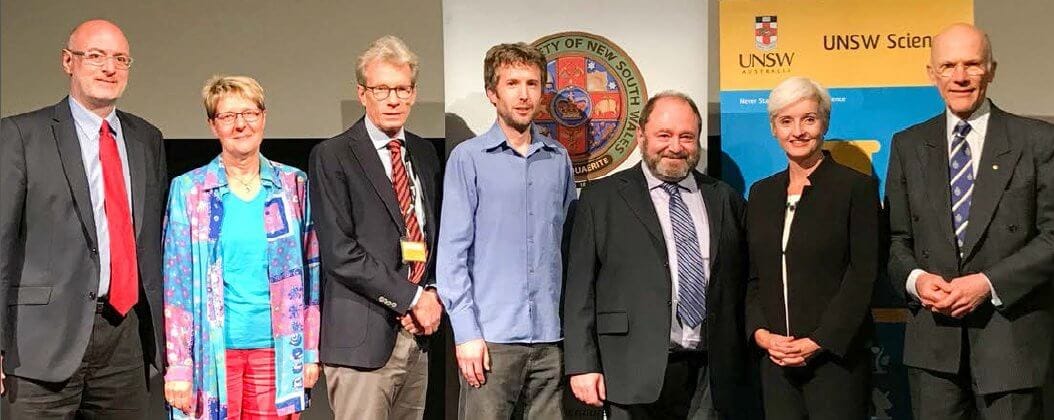
L to R: Prof. Sven Rogge (Head, School of Physics, UNSW), Dr. Herma Buttner (RSNSW Secretary), Prof. Nicholas Fisk (DVC Research, UNSW), A/Prof. Matthew Arnold (Chair, AIP NSW branch), Prof. Boris Altshuler, Prof. Emma Johnston (Dean of Science, UNSW), Dr. Donald Hector (past President of RSNSW)


